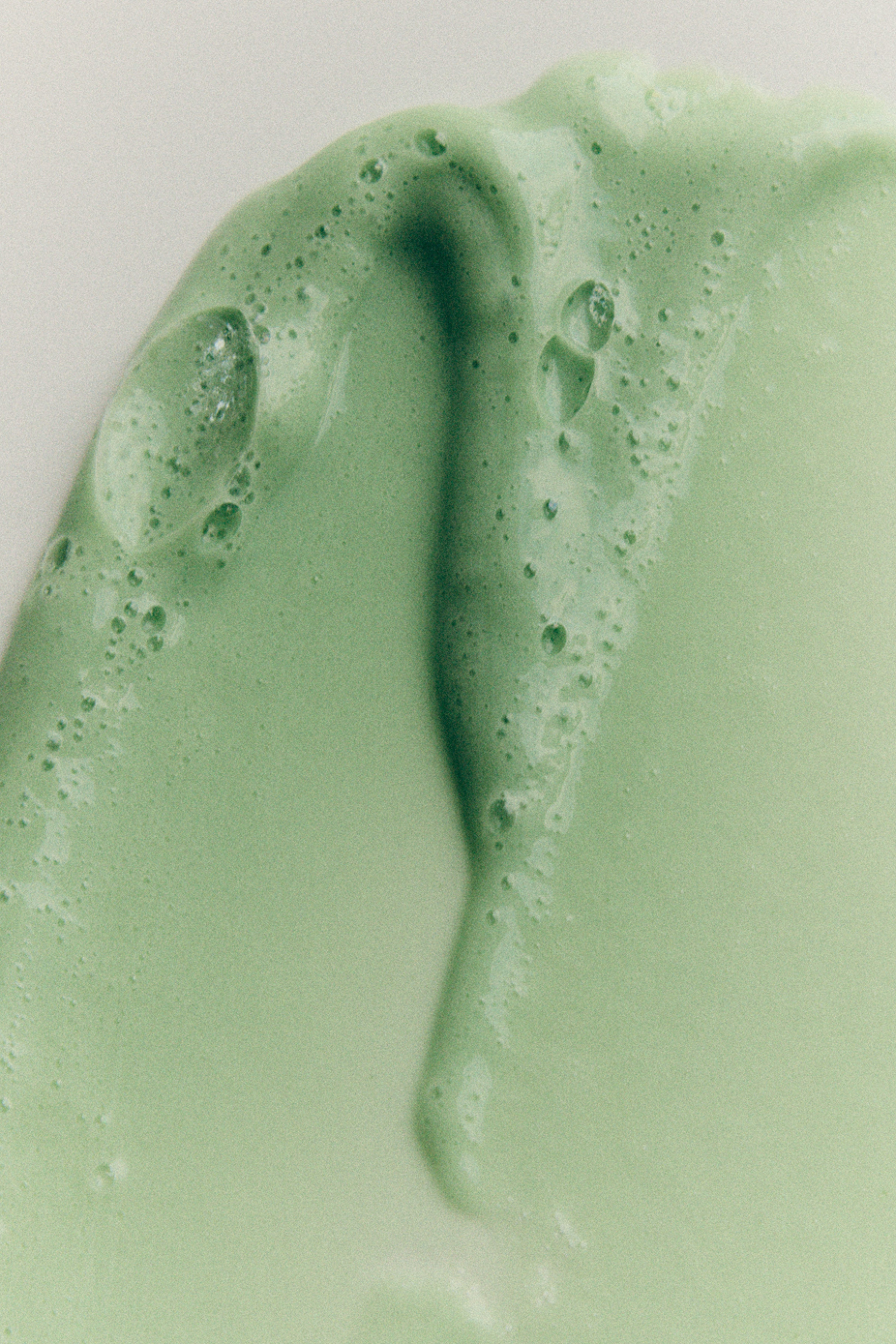The Power of Sulfur in Skincare: Your Ultimate Solution for Acne, Rosacea, Perioral Dermatitis, and Seborrheic Dermatitis
Share

In the quest for clear, healthy skin, many individuals turn to natural and time-tested ingredients that deliver real results. Sulfur is one such powerhouse that has been used for centuries to treat various skin conditions, making it an ideal addition to your skincare routine. In this post, we explore the benefits of sulfur in skincare and why a sulfur wash can be a game-changer for those dealing with acne, rosacea, perioral dermatitis, and seborrheic dermatitis.
What Is Sulfur and How Does It Work?
Sulfur is a naturally occurring mineral known for its antibacterial, antifungal, and anti-inflammatory properties. When applied topically, sulfur works to:
- Reduce Bacteria: It helps eliminate the bacteria that contribute to acne, minimizing breakouts.
- Control Oil Production: By reducing excess oil, sulfur can unclog pores and prevent new blemishes from forming.
- Calms Inflammation: Its anti-inflammatory properties helps soothe irritated skin and calm redness, which is particularly beneficial for conditions like rosacea and perioral dermatitis.
- Promote Skin Renewal: Sulfur promotes the shedding of dead skin cells, allowing fresh skin to emerge and reducing the appearance of congested pores.
Targeted Benefits for Specific Skin Conditions
Acne Control
Acne is often a result of clogged pores and bacterial build-up. A sulfur wash is highly effective because it:
- Unclogs Pores: Gently exfoliates the skin, removing dead cells and debris.
- Reduces Breakouts: Its antibacterial properties help keep acne-causing bacteria at bay.
- Minimizes Inflammation: Soothes red, irritated skin commonly associated with acne lesions.
Soothing Rosacea
Rosacea can be challenging to manage due to its persistent redness and sensitivity. Incorporating sulfur into your routine can help by:
- Calming Flare-ups: The anti-inflammatory nature of sulfur reduces redness and swelling.
- Gentle Cleansing: A sulfur-based wash cleanses without stripping the skin’s natural moisture, which is essential for sensitive, rosacea-prone skin.
- Preventing Irritation: Regular use may help reduce the frequency and severity of rosacea flare-ups over time.
Managing Perioral Dermatitis
Perioral dermatitis often presents as a rash around the mouth and chin. This condition can be exacerbated by harsh products. Sulfur is beneficial because:
- Reduces Redness: Its soothing properties help calm the skin around the affected area.
- Balances the Microbiome: Helps maintain the natural balance of skin flora, reducing irritation and inflammation.
- Gentle Treatment: Sulfur’s mild exfoliating properties ensure that the skin is refreshed without causing further irritation.
Battling Seborrheic Dermatitis
Seborrheic dermatitis, characterized by flaky, oily, and red patches, can be persistent. Sulfur offers a natural remedy that:
- Fights Fungal Growth: Its antifungal properties target the yeast that often contributes to this condition.
- Balances Skin Oil: Helps manage sebum production, making it easier to control the greasiness and flakiness.
- Provides Gentle Exfoliation: Aids in the removal of dead skin cells, improving the overall texture and appearance of the skin.
How to Incorporate a Sulfur Wash Into Your Skincare Routine
When introducing a sulfur-based product into your regimen, consider the following steps to maximize its benefits:
- Start Slowly: If you have sensitive skin, begin by using the sulfur wash every other day to gauge your skin’s response.
- Moisturize: Follow up with a gentle, hydrating moisturizer to combat any potential dryness.
- Sun Protection: Always use sunscreen during the day, as sulfur can make your skin more sensitive to the sun.
- Combine Wisely: Use sulfur-based cleansers alongside complementary ingredients such as retinoids for acne and anti-aging or niacinamide, which can help calm redness.
Frequently Asked Questions (FAQs)
Q: Can sulfur really help with my stubborn acne?
A: Yes, sulfur is proven to reduce acne symptoms by unclogging pores, minimizing bacterial growth, and reducing inflammation, making it a reliable option for managing mild to moderate acne.
Q: How often should I use a sulfur wash if I have rosacea?
A: For rosacea-prone skin, it’s best to start with a less frequent application—around two to three times a week—and adjust based on your skin’s response and dermatologist’s recommendations.
Q: Is a sulfur wash safe for everyday use?
A: While many people tolerate sulfur washes well, those with very sensitive skin should begin slowly and monitor for any signs of irritation. Consulting with a dermatologist is advisable for personalized advice.
Q: Can sulfur help with skin conditions like perioral dermatitis?
A: Absolutely. Perioral dermatitis is an inflammatory condition of the skin. Sulfur-based products are anti-inflammatory and help calm the inflammation along with other treatments like oral and topical antibiotics.
Conclusion
Sulfur’s multifaceted benefits make it a standout ingredient in skincare, especially for individuals dealing with challenging skin conditions such as acne, rosacea, perioral dermatitis, and seborrheic dermatitis. By incorporating a sulfur wash into your routine, you not only target these issues directly but also support overall skin health by combating bacteria, controlling oil, and soothing inflammation.
Embrace the natural power of sulfur for clearer, healthier skin—start your journey today and transform your skincare routine with this time-honored remedy.